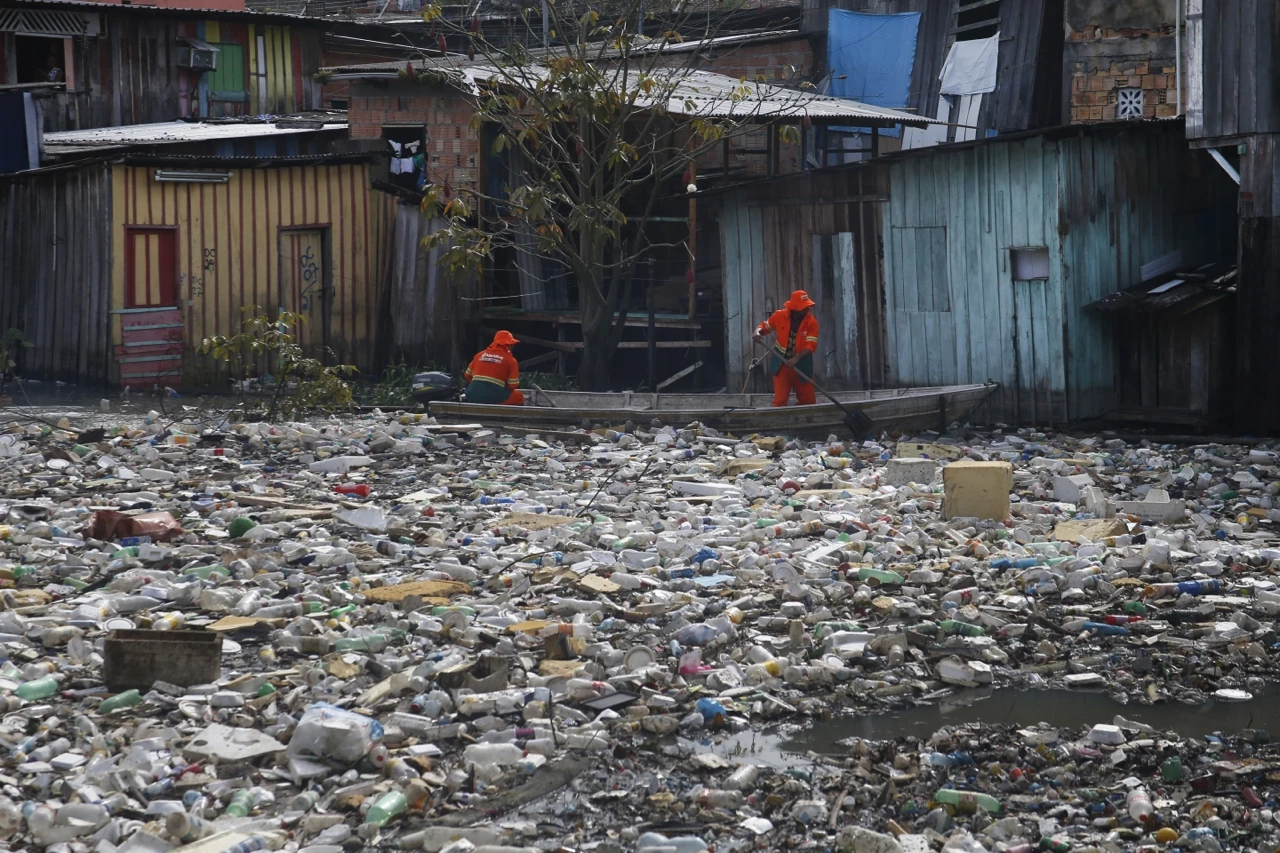The United Nations will resume negotiations on a Global Plastics Treaty in August, following last year’s failed attempt, the UN Environment Programme (UNEP) announced on March 3. The next round is scheduled for August 5–14 in Geneva, Switzerland.
Late last year, more than 100 countries gathered in Busan, South Korea, for the fifth session of the UN Intergovernmental Negotiating Committee (INC-5), which was expected to conclude a legally binding plastics treaty after four previous rounds. However, no agreement was reached, and key decisions were postponed to the so-called INC-5.2 session.
The most divisive issues include restrictions on plastic production, management of plastic products and hazardous chemicals, as well as funding to help developing nations implement the treaty. The treaty aims to chart a path toward reducing global plastic output, while oil- and petrochemical-producing countries resist limits on production.
The Financial Times noted that, if successful, this treaty could become one of the most significant environmental accords since the 2015 Paris Agreement on climate change. Plastic production is projected to triple by 2050, with microplastics already found in the air, fresh produce, and even breast milk. UNEP’s 2023 report identified more than 3,200 chemicals of concern in plastics, with women and children most vulnerable to exposure.
Analysts warn, however, that reaching an agreement will be even more difficult amid shifting geopolitics and strained diplomacy. Under President Donald Trump, the United States withdrew from the Paris Agreement, cut funding for climate programs in developing countries, and imposed tariffs on allies such as Canada and Mexico.
Meanwhile, the European Union has signaled a softening of some climate policies—granting automakers more time to meet new emissions targets, easing sustainability reporting requirements, and expanding exemptions under its Carbon Border Adjustment Mechanism (CBAM).
The most recent UN climate talks in Baku, Azerbaijan, also underscored rising tensions. While nations sought to mobilize $300 billion annually in climate finance, countries like India denounced the outcome as “a mockery of justice.”

